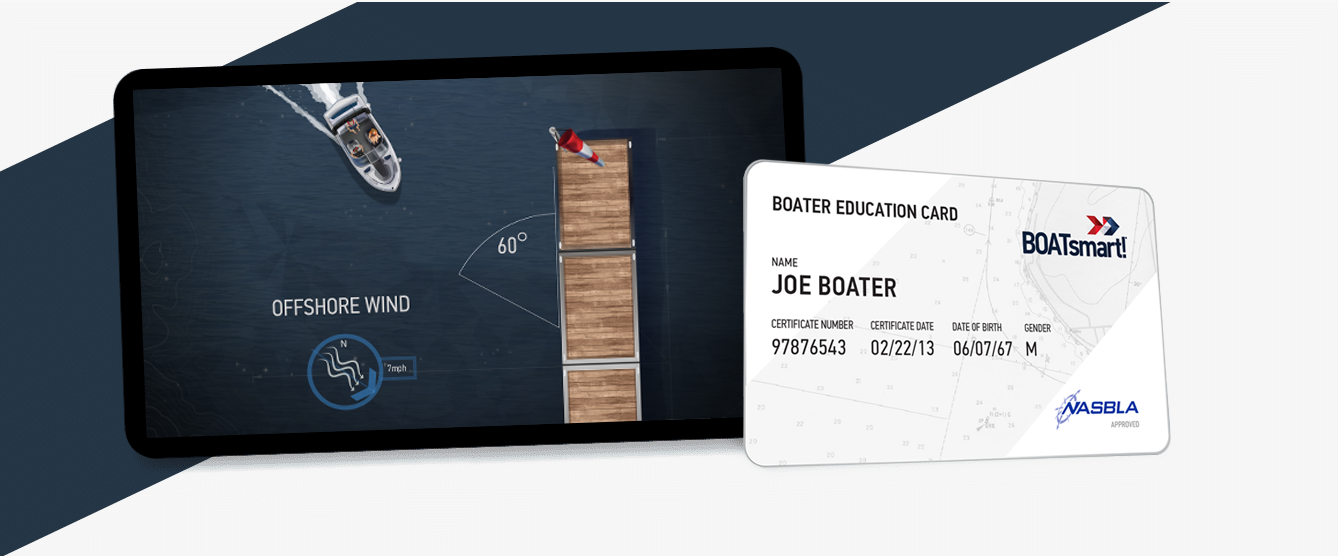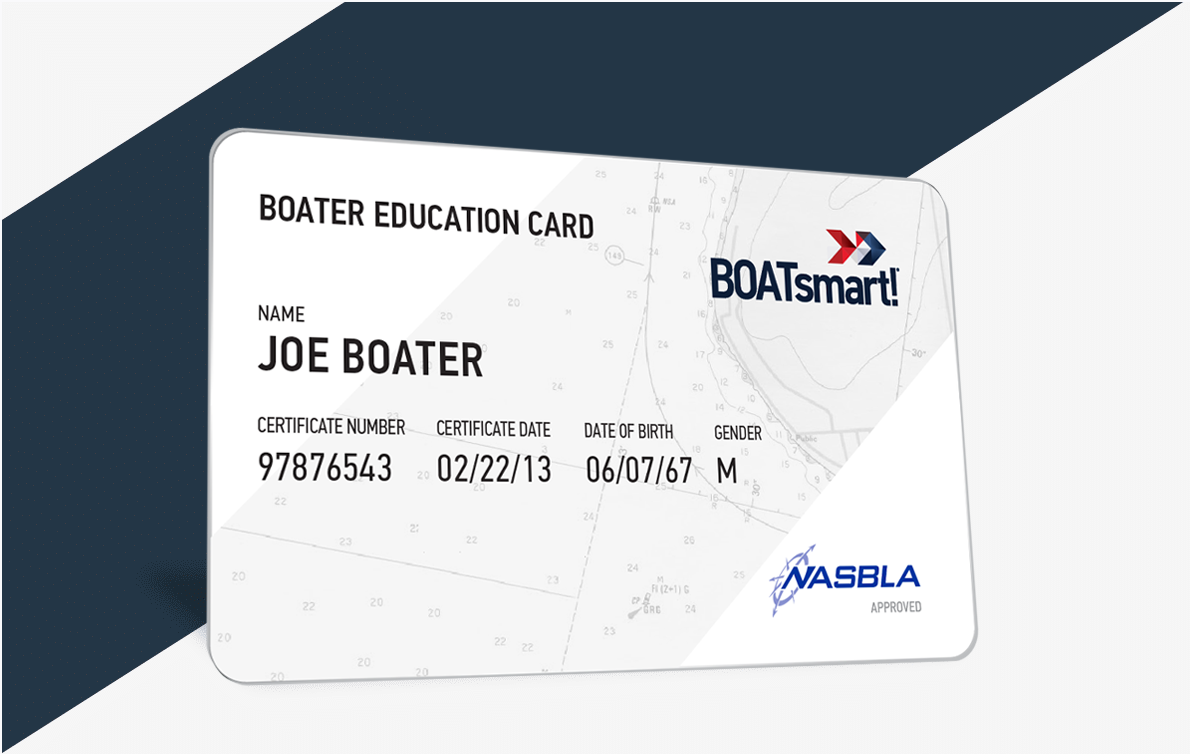BOATsmart! USA Knowledge Base
Module 03 - Getting on the Water
Safety Precautions For Fueling
- Never overfill your tank or spill fuel—spilling fuel into the engine or passenger compartment can increase the risk of explosion or fire, and spilling fuel into the water will harm the marine environment.
- Never smoke while refueling.
- Refuel during daylight hours when an artificial light source is not needed (the electrical current from the artificial light source can cause a fire).
- Refuel portable tanks on shore—never on the boat.
- Ask your passengers to exit the boat until you’re finished fueling, for their safety.
- A higher percentage of ethanol fuel can cause equipment malfunction – be wary of high ethanol fuel and make sure you use a stabilizer.
- After fueling, open any ports, hatches and doors to ventilate fumes that may have entered your boat during the fueling process.
- If your boat has an inboard engine, you should always run the blower for at least four minutes before starting the engine.
- Perform the 'sniff test' to check your bilges—make sure you don’t smell gasoline.
Remember: Gasoline is highly explosive when mixed with air and when boat fires DO happen, it’s usually during or shortly after fueling. Always practice safe fueling.


Get your Official North American
Boating License
The Official NASBLA and State-Approved Boating Course, Test & License.
Get your Official North American
Boating License
The Official NASBLA and State-Approved Canada Boating
Course, Test & License.



